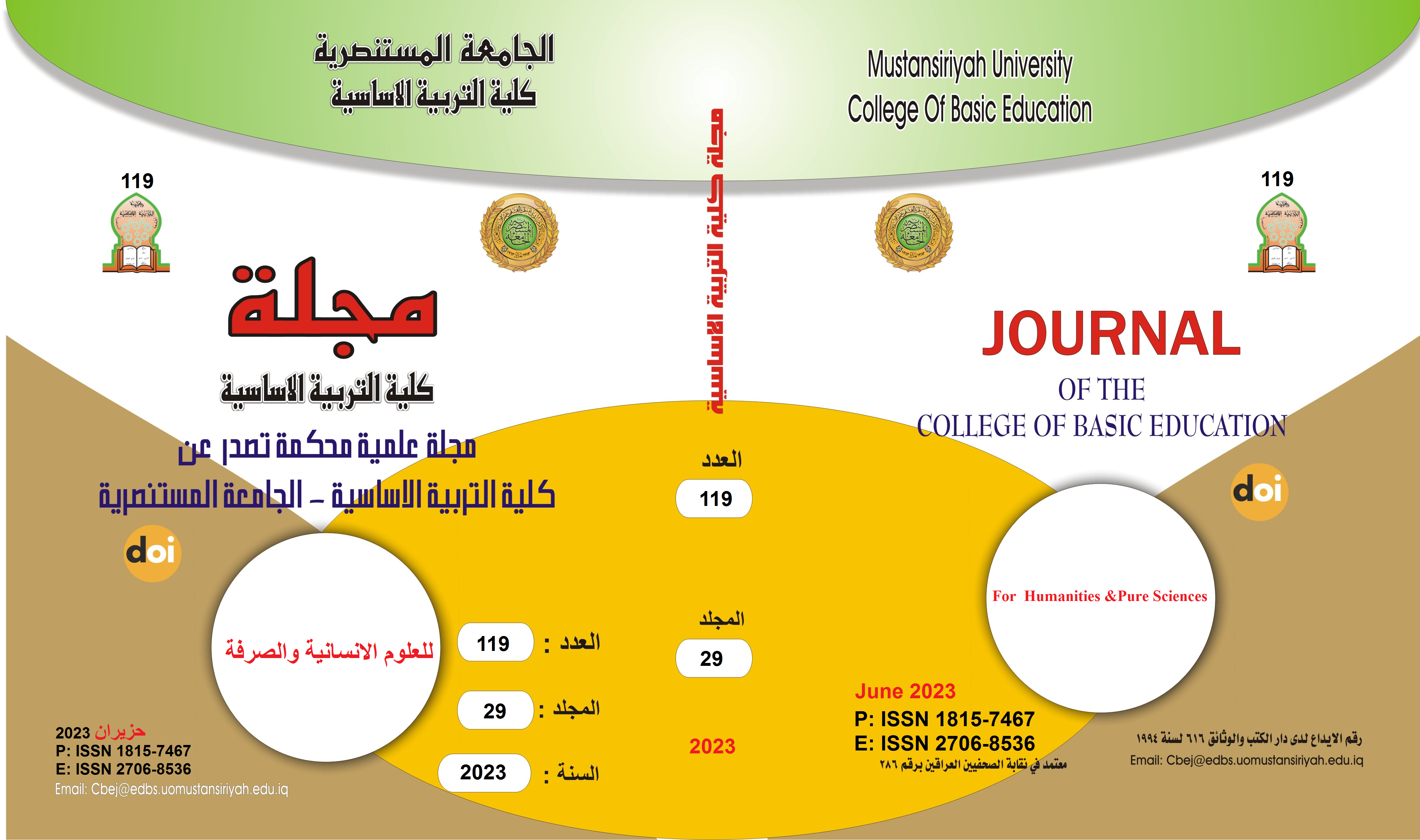The Coptic Church and its political impact in Egypt during the monarchy era 1918-1952
Main Article Content
Abstract
This research aims to study the political impact of the Coptic Church during the royal era, and to what extent this role was effective, and what are its determinants that made it take a specific form different from what happened in the subsequent historical stages, especially during the era of President Muhammad Anwar Sadat, in which the church had a remarkable activity and a strong opposition force. The descriptive and historical approach was relied upon in the process of preparing this research, which is required by this type of studies. The research concluded that the Coptic Church, although it moved away from everything related to politics due to its intellectual construction, but it contributed to supporting and endorsing all the revolutions of Egypt: 1882, 1919, 1952, and that it defended its values, originality, and principles based on the Orthodox faith in the face of the secular liberal current represented by the Milli Majlis, which has been constantly limiting its role and diminishing its status and influence in the Coptic community in its favor, as a reflection of the wide developments witnessed by Egyptian society since the middle of the nineteenth century until the revolution of 23 July 1952
Article Details

This work is licensed under a Creative Commons Attribution-ShareAlike 4.0 International License.
